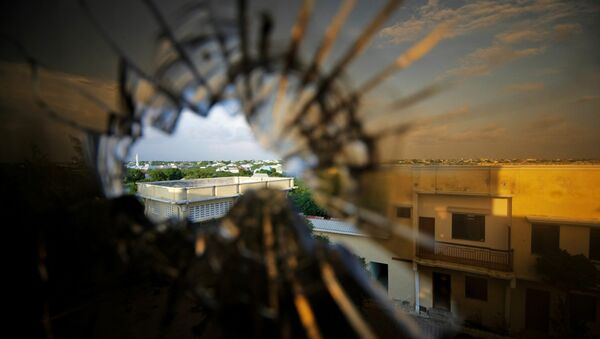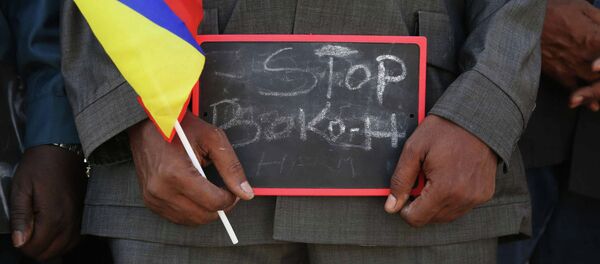“Morocco was able to conduct reforms in the sphere of religion, build a community of Ulemas [authoritative Muslim scholars] who preach moderateness… We are also strengthening Ummah [Muslim religious community] inside the country: 500 Imams and preachers from African countries – Mali, Cote d’Ivoire, Senegal and others – are working with the people of villages and remote areas of Morocco,” Lechebeb told RIA Novosti.
According to the ambassador, these measures yield results, and Morocco can be characterized as a “safe” and “stable” country with respect to the spread of extremism.
“Still, I always say that we must stay vigilant. While the problem of religious extremism is not typical for Morocco and the whole Moroccan society is against such phenomena, a number of [radical] cells are still present [in the country,]” Lechebeb said.
The spread of religious extremism has become especially acute for the Middle East and North Africa, as well as for the global community, in light of advances by the Islamic State extremist group in 2014. ISIL militants have captured large areas in Iraq and Syria and continuously attempt to extend their influence in the region.
ISIL-affiliated groups have conducted attacks in Libya, Tunisia and Morocco's neighboring Algeria over the past months.



